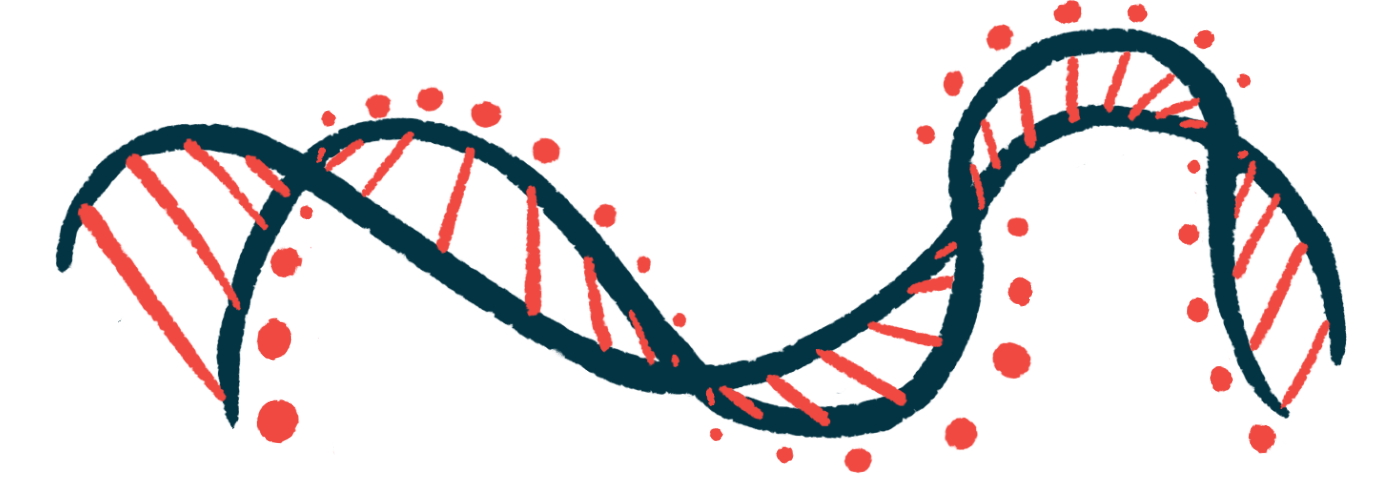‘Silence ALS’ Aiming for Personalized Therapy for Rare-mutation Patients

Silence ALS, a new initiative supported by Target ALS, set as its goals discovering and developing personalized antisense oligonucleotide (ASO) treatments for amyotrophic lateral sclerosis (ALS) patients with rare disease-causing mutations, while advancing understanding of the disease’s overall biology.
The initiative, a collaboration between the n-Lorem Foundation, which is focused on treating ultra-rare diseases, and Columbia University, received a founding $400,000 donation from the Target ALS research foundation, a press release reported.
“This partnership exemplifies the integration of research focused on the genetics and biology of ALS with therapeutic discovery,” said Sarah Glass, PhD, n-Lorem’s chief development officer. “We appreciate Target ALS’ unwavering support and commitment to the development of effective treatments for ALS.”
Antisense oligonucleotides, or ASOs, are small nucleotide sequences that are able to bind to messenger RNA (mRNA) molecules, the intermediary molecules produced from a specific gene and used as template for protein production.
ASOs for diseases like ALS are designed to target mRNA molecules stemming from the mutated genes to ultimately drive down the production of faulty proteins that contribute to disease onset and progression.
Silence ALS is particularly interested in creating ASOs for “nano-rare” patients — those with a genetic mutation that is only found in about 1 in every 30 patients globally. Largely because of their small numbers, nano-rare patients have few, if any, treatment options.
Between 10% and 15% of all patients have a mutation “in one of a large and growing number of ALS-associated genes,” the release stated.
Using n-Lorem’s nonprofit model, the initiative will create an infrastructure for the discovery and development of ASO treatments for nano-rare patients. As donations from partners and supporters allow, n-Lorem aims to provide the resulting ASO medicines to these people at no cost for life.
“The Silence ALS initiative will create the most efficient process to connect the diagnosis and treatment of patients with some of the extremely rare mutations that cause ALS,” said Stanley Crooke, MD, PhD, n-Lorem’s founder and CEO.
n-Lorem has been working to discover and develop nano-rare ALS treatments since 2020, the foundation reported in March, and now has more than 50 individualized treatment programs representing some 50 nano-rare patients across multiple diseases. It also announced plans to dose a first patient this summer.
Columbia will contribute through resources allowing the evaluation of pre-symptomatic ALS patients to identify those with very rare mutations, who might then be considered for testing potential treatments.
Money provided by Target ALS will initially supports costs of preclinical toxicology tests for two ALS programs, said Manish Raisinghani, PhD, the group’s CEO. “Over time, we hope to expand our participation to support clinical trial work and to analyze biosamples collected during the course of treatment.”
These efforts are also expected to further overall knowledge of this disease.
“Despite great progress in our understanding of the genetics and biology of ALS, no therapy is available today that alters the natural history of the disease in a meaningful way,” said Neil Shneider, MD, director of the Eleanor and Lou Gehrig ALS Center, and the Claire Tow associate professor of motor neuron disorders at Columbia University.
“Silence ALS aims to have a significant impact on the lives of nano-rare ALS patients, and to generate findings relevant to all patients and families afflicted with this devastating disease,” Shneider added.







